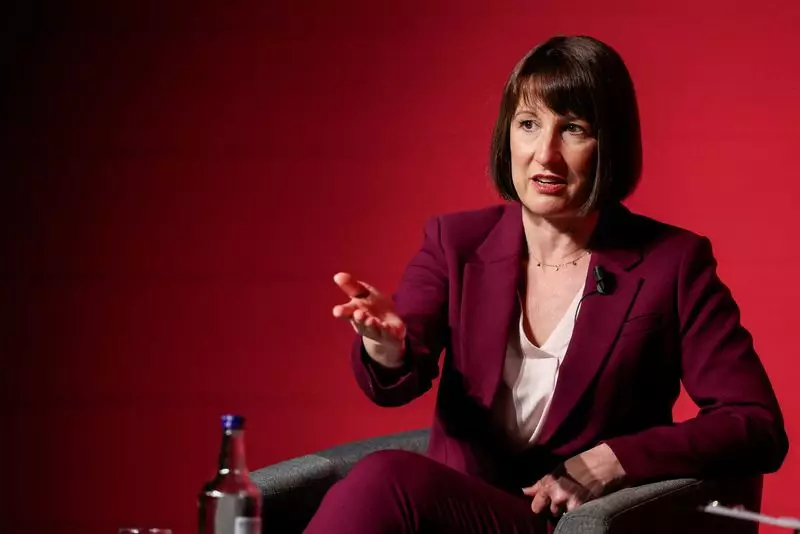As the new Labour government under Prime Minister Keir Starmer prepares for key fiscal changes, British finance minister Rachel Reeves has laid out a framework emphasizing caution and responsibility. With her inaugural budget set to be revealed on October 30, Reeves signals a departure from previous fiscal policies, stressing the need for “guardrails.” This term outlines a strategy aimed not only at increasing public spending but also ensuring that these financial decisions do not spiral into intimidating levels of debt. Her intention is to cultivate investor confidence by managing expectations surrounding public debt, currently hovering at about 100% of the nation’s GDP.
The historical backdrop of UK public finances reveals a cautious atmosphere among investors. Recent volatility, particularly after the 2022 policies propagated by former Prime Minister Liz Truss — which included radical, unfunded tax cuts — has heightened scrutiny of current fiscal plans. Investors are understandably jittery, particularly with rising gilt yields that have outpaced other government bonds across Europe. Reeves’s focus on prudent borrowing is an attempt to mitigate the concerns raised by such economic turbulence while also reassuring the public and investors about the trajectory of the UK economy.
Critical to Reeves’s strategy is the notion of fostering investment in essential sectors, including infrastructure and the transition to a sustainable economy. These investments are not merely an expenditure; rather, they are framed as foundational to stimulating economic growth in the long run. By advocating for higher public investment, Reeves aligns with a broader vision of revitalizing the UK economy and driving it forward in a sustainable manner.
To bolster her approach, Reeves has echoed the importance of two significant institutions: the Office for Budget Responsibility (OBR) and the National Audit Office (NAO). These bodies will serve as oversight mechanisms, instilling a level of accountability that may alleviate concerns regarding excessive borrowing. She stresses that the real impact of these investments should be measurable in terms of growth, reflecting an understanding that fiscal responsibility and economic expansion can coexist.
One of the most crucial aspects of Reeves’s upcoming budget is her intent to revise the government’s fiscal debt rule. By recognizing the potential long-term benefits of investment rather than solely focusing on immediate costs, Reeves seeks to foster an environment where strategic investments are perceived as vital to the nation’s economic recovery and growth. While she refrained from detailing the extent of additional spending, this fundamental shift in perspective aims to create a framework that appreciates investment’s role in enhancing future economic landscapes.
Furthermore, the minister’s recognition of the necessity for increased taxation to offset the previous government’s austerity measures signals a shift toward more transparent and responsible financial planning. Her assurance that “there won’t be a return to austerity” embodies a commitment to support public service funding without reverting to damaging cutbacks.
The impending budget represents a pivotal moment not only for the Labour government but also for the overarching narrative of UK fiscal policy. Rachel Reeves’s commitment to prudent investments, accompanied by rigorous oversight from established fiscal bodies, marks a decisive move toward restoring confidence in the UK’s economic management. By creating a sustainable fiscal environment that balances investment with necessary fiscal discipline, the government aims to pave the way for future resilience.
The strategic choices made in this upcoming budget will be under close observation. As the political landscape evolves, the hope is that these efforts will reshape public perception, leading to renewed investor trust and, ultimately, robust economic growth. This fiscal approach strives to create a balanced budgetary framework that not only addresses current challenges but also anticipates future economic demands, laying the groundwork for a more stable and prosperous UK.

